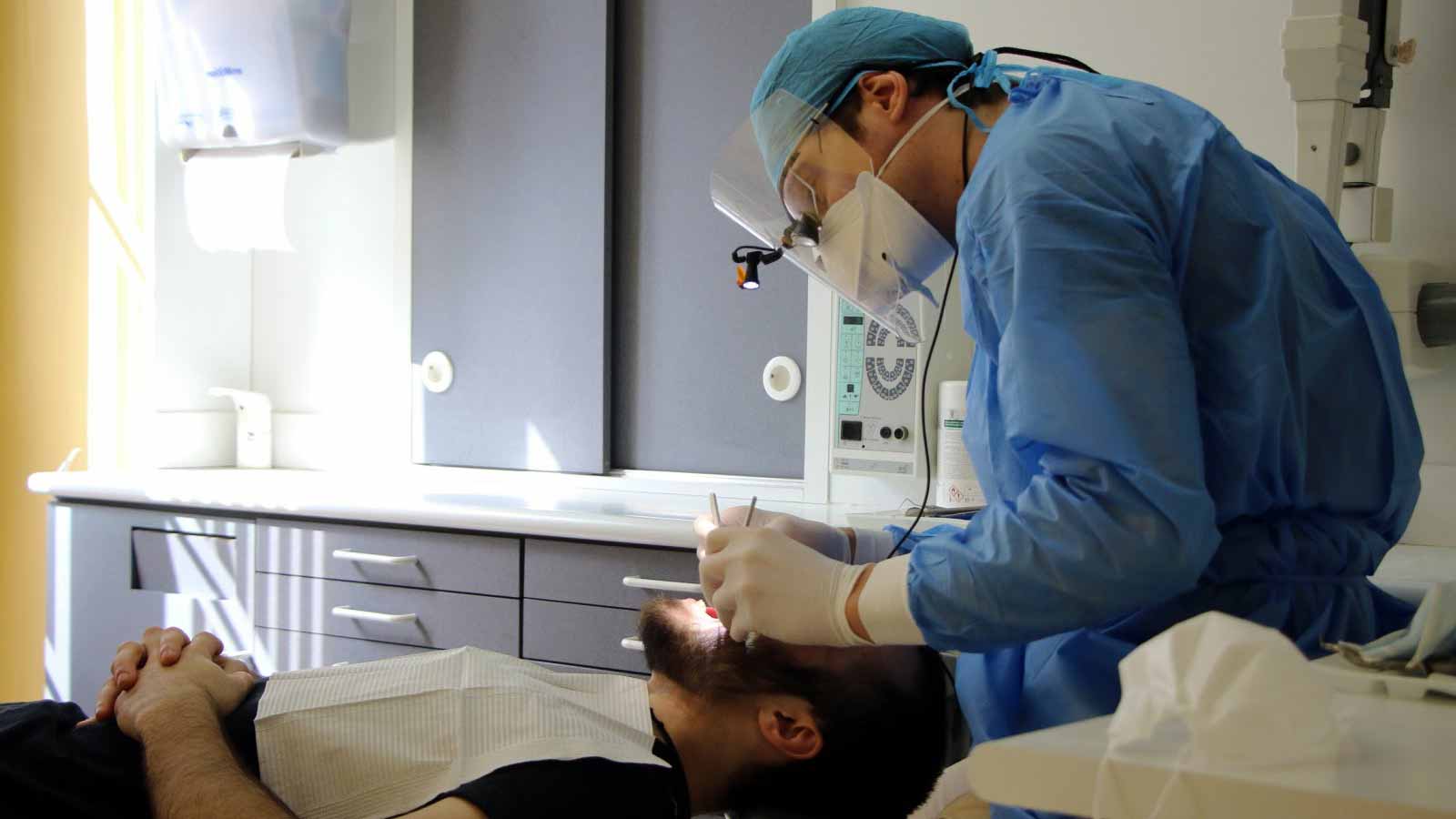The doors slammed shut on a Marseille dental clinic after six suspended dentists were caught breaching basic hygiene and sterilization rules.
Nobody expects their dentist visit to end in a public health alert. But that’s exactly what just happened in Le Port. And now, all eyes are on the three suspended dentists at the heart of it.
It started quietly—a routine inspection, the kind that usually comes and goes without much noise. This time, it didn’t. The health authorities at ARS La Réunion walked into a dental office at Résidence Bougainville and walked out with serious concerns. Hygiene protocols weren’t just overlooked; they were broken. Sterilization rules, too. It was enough to send red flags up everywhere. That’s when the decision was made: close the doors, stop the treatments, and issue a temporary suspension to the three suspended dentists working there.
The office didn’t get shut down for good. Not yet, anyway. This is a pause. A hard stop until they can prove they’re ready to play by the rules again. And the rules aren’t arbitrary—they’re in place to protect every patient who’s ever leaned back in that chair, trusting they were in good hands.
Goodbye Pepsi: Costco makes a major decision that completely changes its strategy with sugary drinks
How detonating a nuclear bomb could protect planet Earth
What happens next for the patients—and why it matters
The ARS isn’t letting this slide under the rug. A committee of experts is already being assembled to figure out exactly what should be done now—for the patients, not just the practitioners. Infectious disease specialists, dental professionals, hygiene experts… they’re all coming together to assess the situation. It’s not panic mode. But it’s serious enough that people are being asked to take precautions.
Here’s where it gets uncomfortable. Because when dental tools aren’t sterilized properly, it’s not just about bad smells or a dirty countertop. It can lead to real health risks. Bloodborne viruses like hepatitis B, hepatitis C, and HIV are rare—but not impossible. Scenarios in these kinds of situations. That’s why, even if the likelihood is low, screenings are typically recommended in cases like this.
Right now, the guidance is simple but important: if you’ve been treated by one of these suspended dentists, and you’re feeling unsure, talk to your doctor. Your GP can walk you through it, offer advice, maybe even prescribe blood tests if it feels necessary. And if you were mid-treatment at the time this all came out? The advice is to find another practitioner, at least for now. The suspension doesn’t mean your dental needs disappear, but it does mean it’s time to press pause on this particular clinic.
The ARS has also opened a hotline for concerned patients—just in case anyone needs to talk to someone directly. Monday through Saturday, there’s a number you can call to ask your questions, clear your doubts, or simply get reassurance: 0262 724 720. Because moments like these shake trust, and it’s okay to ask questions when something feels off.
Behind the scenes: how serious is a suspension like this?
Let’s be clear—this isn’t a lifetime ban. It’s not a scandal plastered with lawsuits (at least not yet), and no one’s had their license revoked. This is a safety net being pulled tight before anyone falls through the cracks. The suspended dentists are being held accountable, yes, but they’re also being offered support to get things back on track. The message from ARS is surprisingly balanced: it’s about patient safety and professional recovery.
What the authority wants is actually quite reasonable. Fix the issues. Clean up the act. Comply with the hygiene standards that every dental office should meet without fail. And once that’s done, they can reopen.
Until then, the chairs are empty, the drills silent, and the patients looking elsewhere. It’s a strange situation—because this isn’t about one rogue dentist, or one mistake caught too late. It’s a reminder that even in a medical field as familiar as dentistry, standards must be protected. The trust we place in someone with sharp tools in our mouth is no small thing.
Buys a coal mine for $2 million and discovers metals worth up to $36 billion
If you remember these 10 moments from decades ago, your memory is sharper than most in their 70s
This whole situation is a bit of a wake-up call. Not just for the clinic involved, but for the system around it. Regular inspections exist for a reason. When they work, they prevent harm before it spreads. And while nobody wants to be the patient who finds out their last check-up might come with a screening for bloodborne viruses, it’s better to know than not.
In the meantime, the hope is simple: that the clinic gets its act together fast, that the suspended dentists learn from this without permanent damage to their careers, and that patients walk away from this with their health, and confidence, intact.
Because clean instruments and safe practices shouldn’t be optional—they should be the bare minimum.
